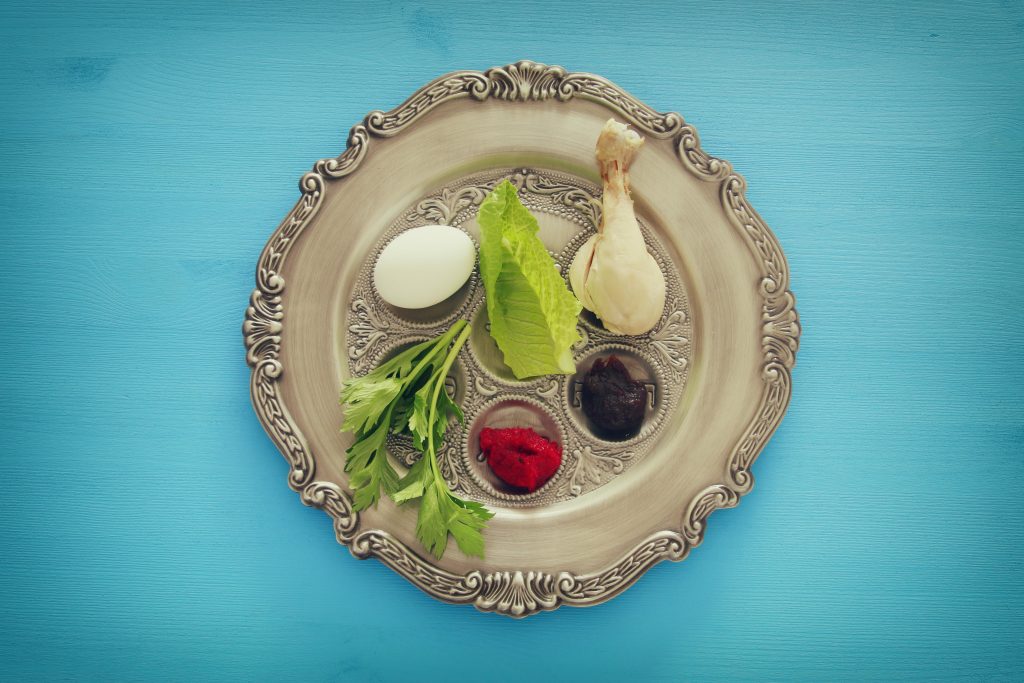When I was a little boy, I was fascinated by the library. I loved the fact that I got my own library card, and that I could borrow any book I wanted. My mom taught me that I had to take special care of the books I brought home. These books belonged to everyone in the county, she explained, and so borrowing the book was a special privilege. We had to take extra good care of the books we borrowed because they didn’t really belong to us.
I learned over time that some people didn’t take care of the books they borrowed – they would return them with torn covers and ripped pages. To me it was so disrespectful – not just to the book, but to me and everyone else who would have enjoyed it. And even more, it seemed so insulting to the author.
In this week’s Torah portion, Parashat Ekev, Moses continues his address to the Israelites as they prepare to enter the Promised Land without him as their leader. Moses exhorts his people to put their faith in God who will be the source of their blessings and triumphs, and to guard against the abhorrent practices of idolatry. He reminds them of how he stood in the breech to protect them from God’s wrath in their moments of weakness of faith and infidelity to God.
And then he sums up his thought: “And now, O Israel, what does Adonai your God ask of you? Only this: to revere Adonai your God, to walk only in divine paths, to love and to serve Adonai your God with all your heart and soul, keeping Adonai’s commandments and laws, which I command you today, for your good.” (Deuteronomy 10:12-13)
Rabbi Elimelech of Lizhensk, the leading voice of the third generation of Hasidic leaders in Poland, sees something interesting in this verse. The Hebrew word שואל – Sho’el – “to ask” can also mean “to borrow”.
“The only reason the Blessed Creator created the world,” he suggests, “is to benefit the creatures. But this flow of good needs a vessel that can receive and contain it.
“Imagine,” he says, “that you want to give a gift of fine wine or honey to a friend but you do not have a beautiful container for it. You could borrow a beautiful silver vessel from your friend and send it back full of wine or honey.
“In the same way, every person is a vessel, a container. The means by which you prepare and fix your vessel so that it can contain the flow of goodness from God are with love and reverence for God, following God’s commandments and pathways. Through this you become a beautiful … vessel that God can borrow and return full of good.”
Think about what happens when you truly love someone. They become the object of your fascination and wonder. You yearn to know what they know, for them to tell you their stories and their truths. You crave their company, seek their guidance, and from that love feel inspired to give of yourself to support their needs and wants and desires.
Now imagine we could cultivate a true love for God. What if the Creator of the Universe and the Author of Life became the object of our fascination and wonder? What if we could yearn to know what God knows, to crave God’s stories and guidance and truth? What if we gave ourselves over to service of God – to be an agent of holiness, an advocate for justice, a student of wisdom, and a teacher of compassion, understanding, and love?
Each of us is like a book in the library of humanity. If we open our hearts with love and reverence for God, if we invite God to be the co-author of the story of our lives, then together we will write a volume that will serve as a source of inspiration, wisdom, and goodness for generations to come.
And perhaps we might learn to see each other as volumes requiring special care and respect, curiously perusing the pages beneath the cover, growing our own souls and honoring the author of the volume we have borrowed.
Shabbat Shalom,









